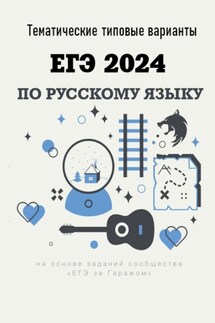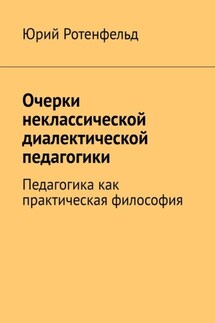Английский для военных/Military English. Метод кейсов/Cases. Решения, ответы, словарь, глоссарий - страница 8
It was a simple task – mundane at best. But every morning we were required to make our bed to perfection. It seemed a little ridiculous at the time, particularly in light of the fact that were aspiring to be real warriors, tough battle-hardened SEALs, but the wisdom of this simple act has been proven to me many times over.
If you make your bed every morning you will have accomplished the first task of the day. It will give you a small sense of pride, and it will encourage you to do another task and another and another. By the end of the day, that one task completed will have turned into many tasks completed. Making your bed will also reinforce the fact that little things in life matter. If you can’t do the little things right, you will never do the big things right.
And, if by chance you have a miserable day, you will come home to a bed that is made – that you made – and a made bed gives you encouragement that tomorrow will be better.
If you want to change the world, start off by making your bed.
During SEAL training the students are broken down into boat crews. Each crew is seven students – three on each side of a small rubber boat and one coxswain to help guide the dingy. Every day your boat crew forms up on the beach and is instruct-ed to get through the surfzone and paddle several miles down the coast. In the win-ter, the surf off San Diego can get to be 8 to 10 feet high and it is exceedingly difficult to paddle through the plunging surf unless everyone digs in. Every paddle must be synchronized to the stroke count of the coxswain. Everyone must exert equal effort or the boat will turn against the wave and be unceremoniously tossed back on the beach.
For the boat to make it to its destination, everyone must paddle. You can’t change the world alone – you will need some help – and to truly get from your starting point to your destination takes friends, colleagues, the good will of strangers and a strong coxswain to guide them.
If you want to change the world, find someone to help you paddle.
Over a few weeks of difficult training my SEAL class, which started with 150 men, was down to just 35. There were now six boat crews of seven men each. I was in the boat with the tall guys, but the best boat crew we had was made up of the the little guys – the munchkin crew we called them – no one was over about five-foot-five.
The munchkin boat crew had one American Indian, one African American, one Polish American, one Greek American, one Italian American, and two tough kids from the midwest. They out-paddled, out-ran and out-swam all the other boat crews. The big men in the other boat crews would always make good-natured fun of the tiny little flip-pers the munchkins put on their tiny little feet prior to every swim. But somehow these little guys, from every corner of the nation and the world, always had the last laugh – swimming faster than everyone and reaching the shore long before the rest of us.
SEAL training was a great equalizer. Nothing mattered but your will to succeed. Not your color, not your ethnic background, not your education and not your social status.
If you want to change the world, measure a person by the size of their heart, not the size of their flippers.
Several times a week, the instructors would line up the class and do a uniform in-spection. It was exceptionally thorough. Your hat had to be perfectly starched, your uniform immaculately pressed and your belt buckle shiny and void of any smudges. But it seemed that no matter how much effort you put into starching your hat, or pressing your uniform or polishing your belt buckle – it just wasn’t good enough. The instructors would find «something» wrong.






